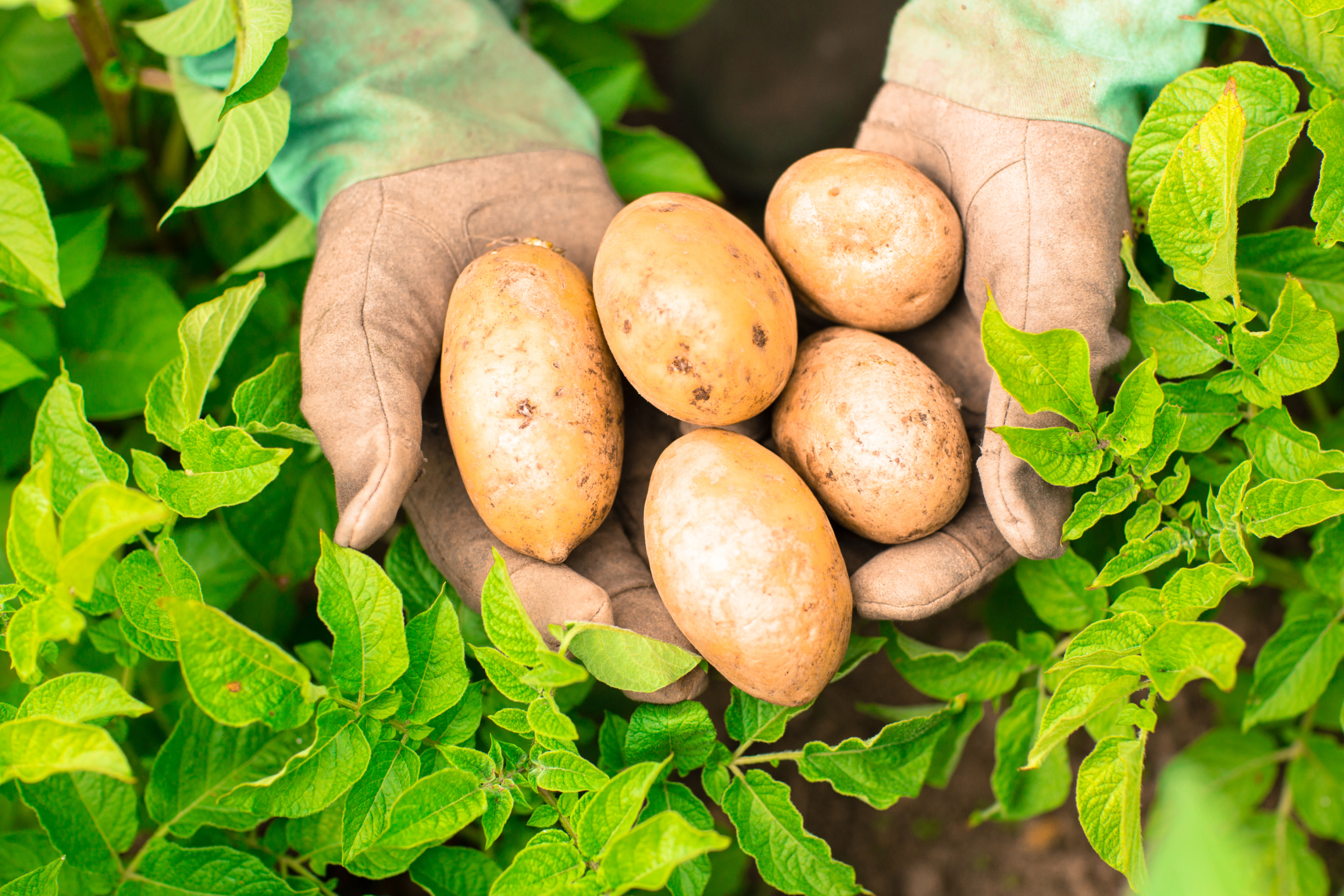Conal Gallagher of Moss & Green, is an award-winning landscape designer and horticulturalist based in Co Wicklow.

The Beginners Guide to Organic Gardening; Throw Away the Chemicals and Grow a Healthy Garden
Interest in organic products and organic gardening has soared in popularity over the last decade. Here in Wicklow, and around the country there are numerous farmers markets popping up every weekend, and even the large multiples, such as Tesco and Marks & Spencer now stock a wide variety of organic products. Obviously, most consumers walk right by a supermarket’s organic-produce section. And as you might suspect, one of the main drawbacks is price. Many consumers just don’t think organic produce is worth the estimated 25 percent to 100 percent increase in cost over conventionally grown fruit and veg.
Why do organic products have to be so expensive? Well, they don’t have to be if you grow your own. Not only can you grow a delicious-tasting tomato – seemingly impossible to buy in stores – you can also help protect the environment by doing so. It’s possible through organic gardening, which is becoming an important part of the green movement which focuses on recycling and a reliance on environment-friendly processes and products. The good news is that growing your own organic garden is easy…once you know how.
First off, the most important thing to remember is that gardening starts with the soil. Ideal soil is deep, loose, and fertile, and contains plenty of organic matter, which in turn holds water, nutrients, and abundant beneficial life. Many organic gardeners observe that as soil health improves, plant disease problems decline. It’s fairly easy to make your own compost from organic matter such as , dead flowers, vegetable scraps, grass clippings, manure or leaves. In my opinion, the perfect compost has a dark colour, sweet smell, and is filled with earthworms. Pick a plant-friendly site. That means a location in full sun and sheltered from harsh winds, which stunt plants.
The main problem that you will encounter is pests and insects on your plants – but that does not mean you need to reach for any kind of chemical solution. In my experience the best way to protect against pests is to make your garden enticing to predators, such as ladybirds, birds and frogs. You can do this by keeping a water source nearby or by growing plants that attract insects who feed on nectar. Other tools are sticky traps, barriers, and plant collars. There are some everyday items that prevent against insects too, like insecticidal soaps, garlic, and hot pepper.
Weeds can be a headache for all organic gardeners. Organic mulch can act as a weed barrier, but for even better protection place a layer of newspaper or cardboard under the mulch. Corn meal gluten will help prevent weeds if spread early in the season before planting, as does solarization. There’s also the tough but worthwhile method of hoeing and hand pulling that always works. Your best bet in weed prevention is consistant effort. Mulch well and pull and hoe what you can; after a few seasons you can beat the weeds for good.
Organic gardening is an wonderful way to ensure that your home-grown fruit and veg will be free and clear of all pesticides and, if taken care of properly, will be as healthy as possible. Organic gardening may take a little more effort and attention than normal gardening, but after gardeners get the hang of it and figure out all the quirks of their garden, it is definitely worth the extra effort.


